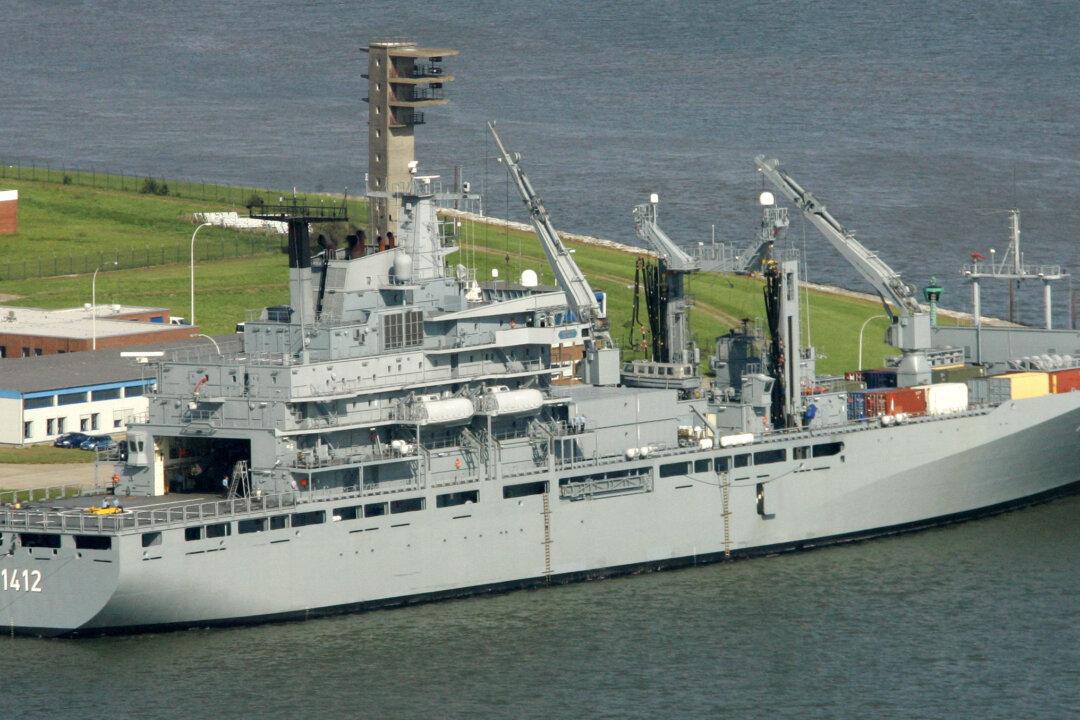Germany sent two warships to the Indo-Pacific region on May 7, not ruling out crossing the Taiwan Strait. German land forces are also scheduled to have joint drills with Japan.
China observers say these are the most significant German military operations in decades, clearly aiming at the Chinese communist regime in response to its increasing aggression in the region.




